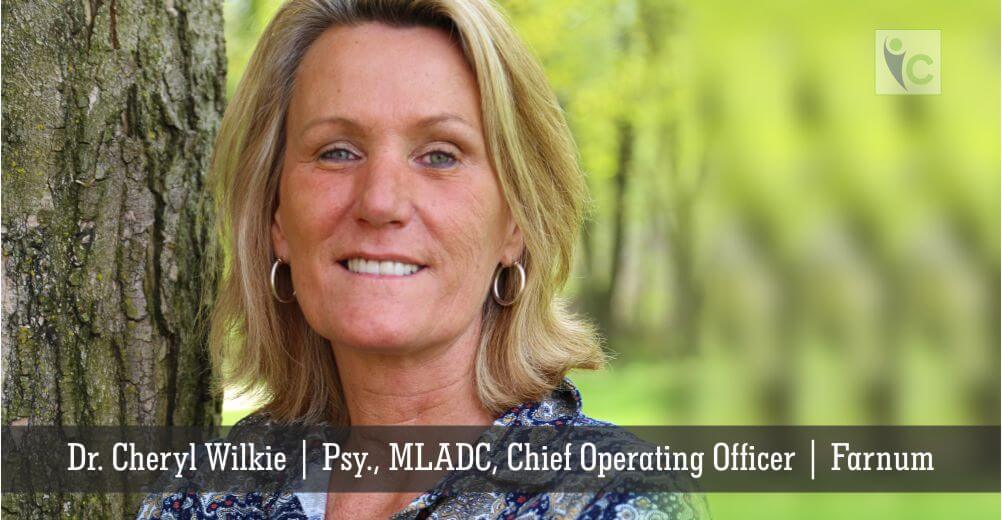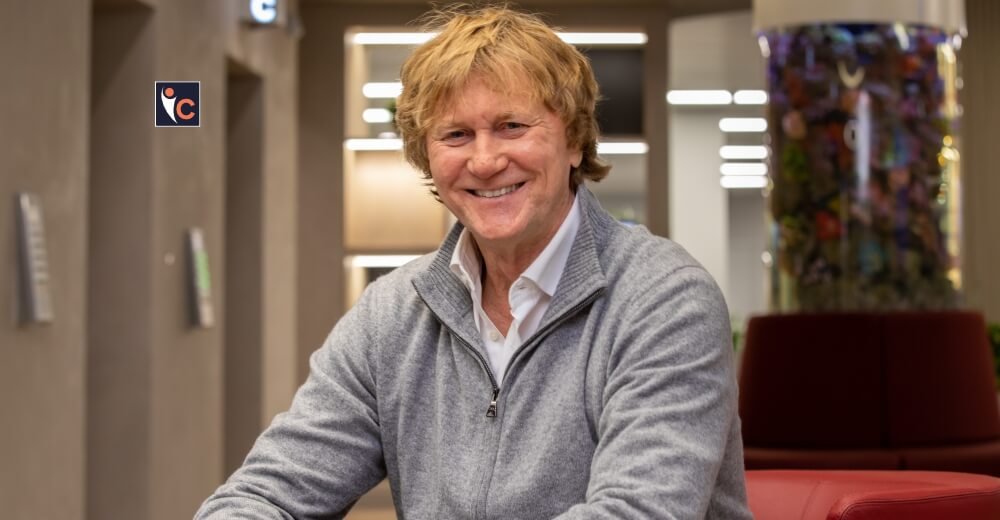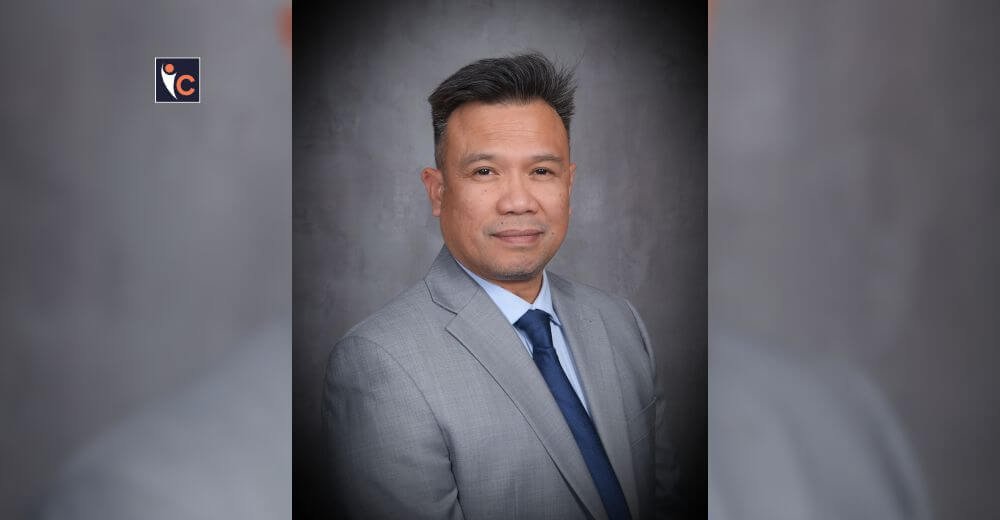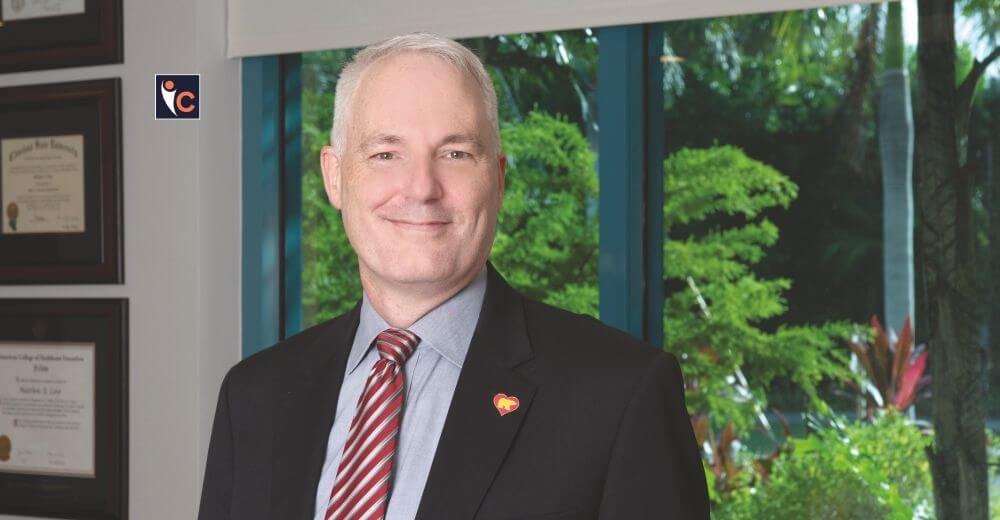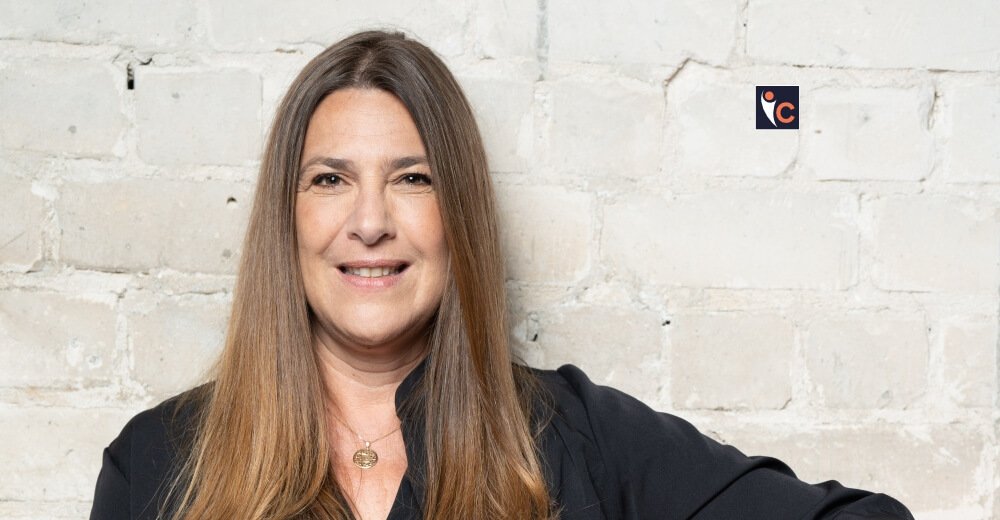“Helping individuals and families find their way to a life free of alcohol and other drugs through comprehensive treatment and recovery services open to all.”
For an issue that has impacted millions of families across the country, the opioid epidemic has been particularly hard on New Hampshire families. In the past this small state has one of the highest rates of opioid overdose deaths in America. Recently the tide began to turn, and Farnum played a major role in the positive shift.
Farnum, a drug and alcohol treatment and rehabilitation center, stepped up in response to the opioid epidemic and expanded services to meet a growing need. Located in Manchester and Franklin, New Hampshire, Farnum is a well-established and well-known treatment center that offers a wide variety of services for alcohol and substance misuse. Farnum is the largest state treatment provider in New Hampshire.
Farnum’s success is found in its unique approach to treatment. It is the first center in the Northeast to incorporate Health Realization, also known as The 3 Principles. Farnum is making a difference in responding to the disease of addiction by teaching clients that they have everything within themselves to overcome the challenges they face. This program offers an empowering and long-lasting approach for clients of every background.
In the last three years, Farnum added outpatient and inpatient services, enhanced detox, increased capacity, and expanded its locations. To help those in need, Farnum provides financial aid to NH residents who need treatment. In 2018 alone, Farnum provided $2,907,955 in free and subsidized services to their clients. Through successful programs and exhaustive efforts, Farnum has made tremendous strides in saving lives while shattering the stigma surrounding addiction.
What makes Farnum Different?
Health realization is a very significant and distinctive approach that Farnum has adopted for treating its clients. The center practices what it preaches; employees are encouraged to nurture their own innate health, resilience, and they attend lectures every month.
Farnum’s Philosophy
What is Health Realization?
Farnum integrates the 3 Principles of Mind, Thought, and Consciousness, which is also termed as ‘Health Realization’. This helps to assist the clients in accessing a healthier perspective on life, allowing them to leave their past behind.
Farnum’s Health Realization approach is based on the 3 Principles philosophy founded by Sydney Banks. The center started implementing this approach five years ago by calling the authors of the books that it was using to master the 3 Principles and having them come in to teach the staff this approach. This is a person-centered approach, and it allows people to see that outside events do not create their feelings; it is how they think about the events that create the feeling.
Health Realization explains that individuals possess a natural state of well-being or innate health that will spontaneously emerge when circular thinking subsides. To elaborate this theory, the center gives an example- ‘Have you ever driven in the car and out of nowhere, you think of a solution to a problem that’s bothered you all day? That’s your innate wisdom at work! While driving you had a quiet mind; a new thought was available that let you come up with the solution.’
Farnum’s Health Realization approach has been immensely successful. A testimony to this is the ceaseless progress of its clients, who have gained a fresh perspective on life; a life free from addiction. Clients begin their path to recovery at Farnum and learn to access wisdom to help make decisions that come from innate health instead of the external world.
About the Compassionate and Dedicated Leader
Dr. Cheryl Wilkie, COO of Farnum, has been in a longtime recovery from alcohol and drugs. Cheryl has supported several clients who came to Farnum in search of recovery. Having faced it all herself, she has compassion for those who are trying to find their innate health. “In my early recovery, I heard people in meetings talking about their lives and mine was the same. There was a great deal of violence and a lot of craziness happening when I was using drugs and alcohol, and they were sober and sane. So it gave me hope that if they could do it, maybe I could, too,” expressed Wilkie.
That was the turning point of her life. Thereafter, Wilkie found a path towards recovery and happiness. She geared her experience and dedicated her life to working with others who wanted to discover the inner peace within them without relying on drugs and alcohol. She has a deep and broad personal knowledge of recovery. In addition, she holds a Doctorate in Forensic Psychology along with a Masters in Human Service Administration. Her vast knowledge allowed Wilkie to implement her education, love, and compassion for people in providing services over the years and expand to a very successful program.
Wilkie has worked in the treatment and recovery domain for nearly three decades, providing direction, help, and solutions to countless people throughout the country. She is a fierce and dedicated advocate for treatment and works every day to shatter the stigma around addiction. She works closely with a variety of other community service agencies such as Families In Transition and The Mental Health Center of Greater Manchester. She also works meticulously with the state, municipal, and non-profit health services agencies around the state to ensure clients have access to any and all relevant treatments.
The Journey of Farnum
It all started when Wilkie was experiencing a severe trauma due to the fact that she was homeless and had lost everything, including her three-year-old twins. Then, in 1986, she decided to attend a treatment program located in a hospital setting, for which she considers herself very fortunate. When she attended the treatment center, the staff treated her with the utmost dignity and respect, which made her sail through the traumatic phase.
When she was asked to take on the position at the Farnum Center, Wilkie wanted to create the same experience through a safe and dignified treatment program; similar to the one she had experienced at the treatment center she attended. When she took the position, Farnum had 32 beds, and no medical detox existed in the State of NH. She watched the clients suffer from withdrawal, and no hospitals were willing to take in those withdrawing from alcohol and drugs, except for the ones with severe medical conditions. Looking at this situation, she realized that Farnum would have to create a safe medical facility for those in NH suffering from substance use disorders who were willing to be treated.
Farnum then succeeded in opening the first medical detox in NH and from there, it has expanded to 140 beds, with a continuum of care, meetings for families, and other support.
Assorted Services under One Roof
In response to the challenges of the nation’s opioid crisis, Farnum has dramatically expanded its services and treatment available to families throughout New England. The center offers a full range of services to its clients that encompass Detoxification, Inpatient, Partial Hospitalization Programs, Medication Assisted Treatments, Intensive Outpatient, Outpatient, Family Services, Stabilization Unit, and Transitional Living. Recognizing the depth of the grips of this disease, Farnum also provides programs designed to support families and loved ones to ensure that all those involved are getting the help they require/need.
Partial Hospitalization Program (PHP) – It is a level of care offered for clients who require more support than intensive outpatient, but do not meet criteria for inpatient services. By engaging in PHP, clients can continue maintaining their outside responsibilities while having the support of professionals and peers five days a week.
Open Access- It is a walk-in service where clients are assessed by a skilled clinician to determine their program placement. Once the assessment is complete, the recommendation for placement in the appropriate level of care is discussed with the client and together they form a plan. The assessment consultations are on a first come, first serve basis with limited availability.
Medical Detoxification Unit– This unit serves individuals who are of age18 and older, seeking help to safely and medically stop using alcohol and other drugs. The average length of the stay is around six days. Once screened and accepted, a specific medical treatment plan is developed as per the established protocols. Then, each protocol calls for a certain medication to help alleviate the symptoms of withdrawal. The center has a strong relationship with CMC (Catholic Medical Center), which handles the client’s physical issues not generated by the withdrawal from alcohol and other drugs.
Medication Assisted Treatment (MAT) – This service is for the people with opiate use disorders. Clinic participants are required to meet regularly with a medical doctor or nurse practitioner who specializes in addiction medicine and is specifically trained in the use of Suboxone and other MATs, such as Vivitrol.
Intensive Outpatient Programs (IOP) – This provides clients, who do not require a residential or PHP level of care, the opportunity to receive intensive treatment services. These programs allow clients to accomplish their daily responsibilities such as parenting, working, or pursuing educational goals. In the first phase of IOP treatment, clients participate in the educational programs on Mondays, Wednesdays, and Fridays, for three hours each day, over the course of approximately one month. The program consists of group health realization education, group therapy individual counseling, friend/family education, aftercare planning, and case management.
Transitional Living (TL) – This approach followed by Farnum provides each client with an individualized care plan. It also allows them to take a step forward in building a sober network. Here, the length of stay can range from 1-12 months, depending on the client needs.
The center provides its clients with groceries, guidance on resume building, and interview skills for employment, personal budget strategies, and more. The TL facility is within walking distance from the center and it offers various recovery resources, employment opportunities, and recreational activities.
The Stabilization Unit– It is a 16-bed, clinically-licensed, short-term residential treatment program.
Outpatient Services– These services are available to clients who are transitioning from a higher level of care, or to those who may need brief services for a specific purpose. These purposes include license restoration, court-ordered LADC evaluations, or the solution of personal issues.
Inpatient Residential Services– With these services, clients learn about their own innate capacity for health, insight, and happiness during their stay.
Throughout the day, residential clients participate in the ‘Health Realization’ or The 3 Principals’ focused groups, counseling, and other recovery programs & activities. The inpatient facilities provide clients with three nutritious meals a day, prepared by the in-house team of chefs. When its clients aren’t participating in group activities, they enjoy socializing, meditating, gardening, participating in recreational sports, and other fun and productive activities during their free time.
Elevating its Success Ratio
Farnum Center takes pride in reporting that through increased access and efficiencies, the outpatient services department could increase the assessments provided to new clients by 13%, over 2,300 in 2018. The prime focus of Farnum from 2013 to 2018 was to increase its capacity to serve individuals in need. In these years, inpatient bed capacity grew from 32 to 140. Two free-standing residential programs, Ray House and Webster Place, were renovated, clinically licensed, and staffed. Both of these programs served approximately 1,400 individuals, respectively.
Farnum Center operates the only free-standing medical detox in the state of New Hampshire. This 27 bed-unit served 1,011 individuals in 2018. It provides dignified, lifesaving support, to those starting the journey of recovery, that has to be monitored during the acute withdrawal period. “Withdrawal from certain substances, including alcohol, can be lethal. We consider each admission into the Medical Detoxification unit a success,” asserted Wilkie. Further, she adds, “We are invested in our clients. We offer a unique approach to treatment through Health Realization that focuses on the mental aspect of addiction.”
Adopting Ethical Practices
Farnum’s Stabilization Unit is an example of ethical excellence.
A year ago, the city of Manchester, NH, was lacking a treatment facility that would help keep the popular Safe Station program alive. Safe Station is a program whereby anyone in need can walk into a Manchester fire station seeking help to overcome substance misuse. Firefighters will offer a quick, non-judgmental assessment within their scope, and then send the individual to receive treatment either at a hospital or other treatment facility. With Cheryl’s guidance as well as the dedication of Christine Weber and many other staff members, Farnum Center agreed to receive the recipients of Safe Station’s care because it was the right thing to do. Farnum Center had the space, staffing, and a desire to help those in need.
Farnum’s Stabilization Unit is registered as a residential facility, meaning that medical staff is not required. The clients can enter the facility 24/7 and have a warm, safe place to stay while they wait for an assessment for care. “These clients are typically on the unit for a short amount of time. However, after seeing how sick these people were, it became clear that the ethically right thing to do would be to provide them with medical care and comfort while they start their recovery. Many of these clients do not have insurance, so, at a considerable cost to Farnum Center, my team and I invested in medical staffing because ethically, this is what was needed. Sometimes, putting people ahead of profits is necessary,” stated Wilkie.
Future Prospects
Using its unique Health Realization approach, Farnum helps people realize their inner strength by considering that every human being has a healthy internal core that is fully accessible to them.
For years, Farnum has shown its clients that everyone is innately resilient and has the ability to bounce back and overcome the adversity. Upon asking her about future plans, Wilkie asserted, “We will work to expand access to care, through partnerships with other non-profit providers, hospitals, clinics, and the state of New Hampshire. Our work establishes a balance between those in need, who seek care through Medicaid, along with those who have health care coverage and come to us through different avenues. We offer real help, right now.”






